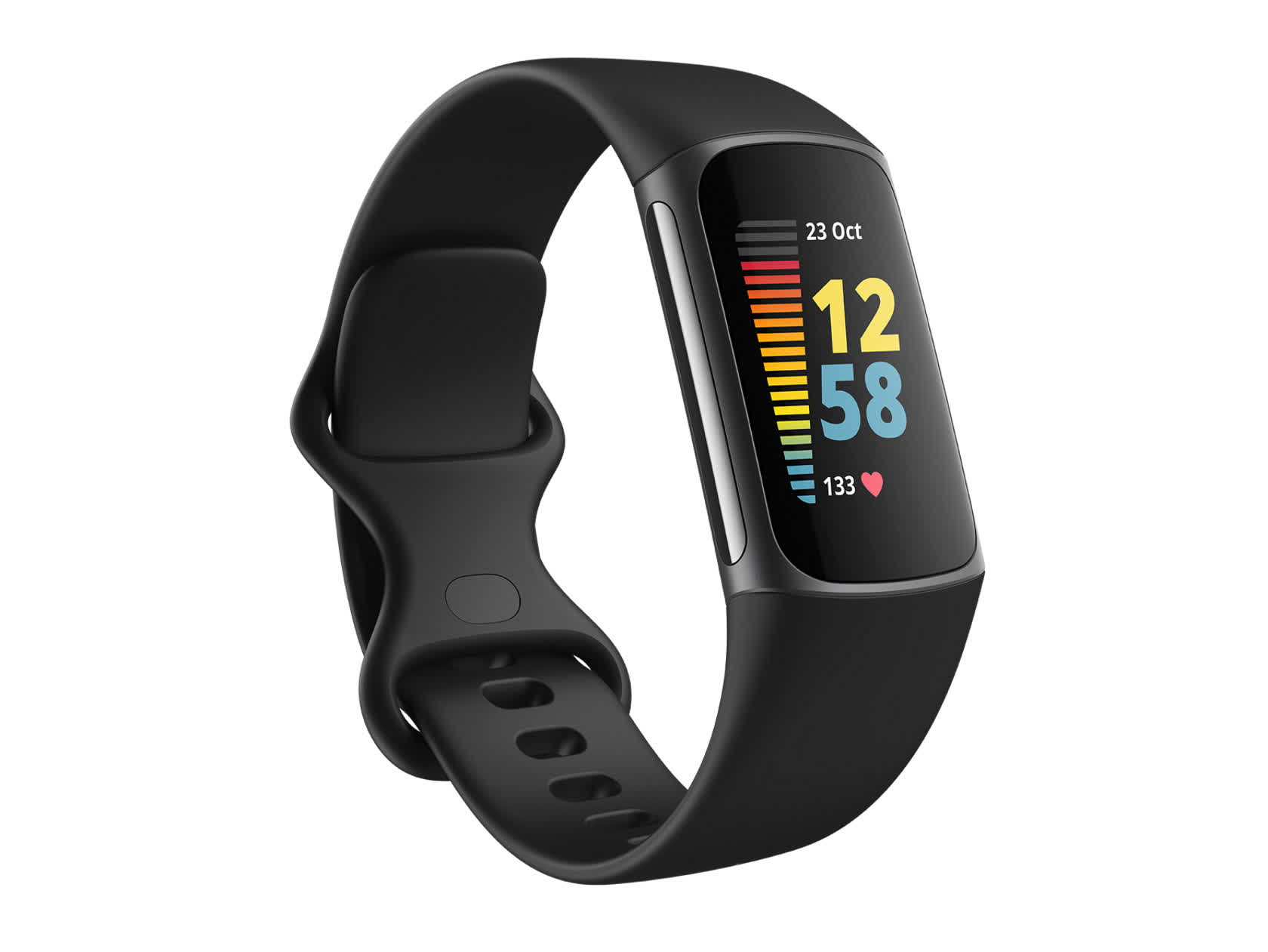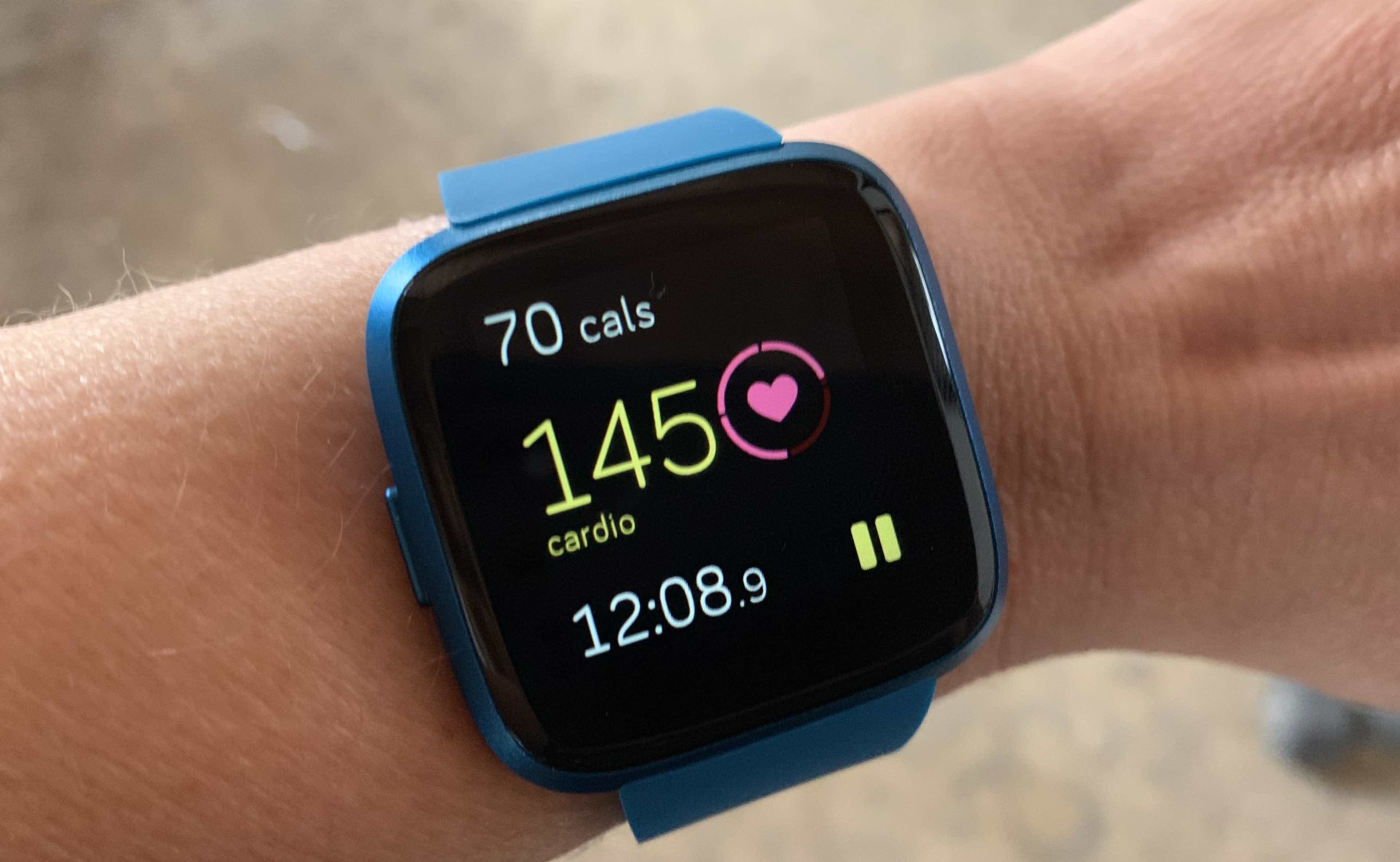Health tech: Fitbit's line of wearable watches might have started as simple step trackers, but their capabilities have expanded greatly over the years. The company now sells full smartwatches, and even its more stripped-down devices boast features like automatic exercise detection, sleep tracking, heart rate monitoring, and more. The company is about to take things a step further with automatic ECG functionality, thanks to recent approval from the FDA.
To be clear, Fitbit already allows users to use its trackers to monitor their hearth rhythm, but it requires them to open up the Fitbit app and manually initiate a check – an extra step that will be made obsolete. Soon enough, Fitbit devices will be able to continuously check your body for potential signs of atrial fibrillation; a serious medical condition that can precede major health complications like strokes or blood clots in the heart.
The good news is that atrial fibrillation is treatable in many cases, and with something like Fitbit's new PPG AFib algorithm, you can get an early warning if you might be in danger. Of course, we're not saying a consumer-grade fitness tracker is any substitute for regular health check-ups and doctor visits, but it certainly can't hurt to have more chances to catch a serious problem.

Fitbit says the optimal time to test for AFib is when the body is still at rest due to its "sporadic" nature. Since Fitbit trackers can (and should) be worn overnight anyway, that works out nicely.
The Google-owned wearable company says its PPG detection technology is 98 percent accurate according to research data presented at 2021's American Heart Association Scientific Session. It has also been clinically validated by a "landmark" study in 2020 involving over 450,000 patients.
Whether you believe Fitbit's claims is, of course, up to you. However, it's nice to see that the company hasn't moved away from its consumer health-focused roots following its acquisition by Google in 2021.
